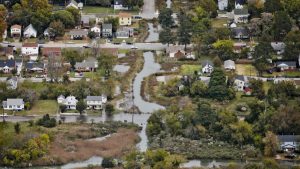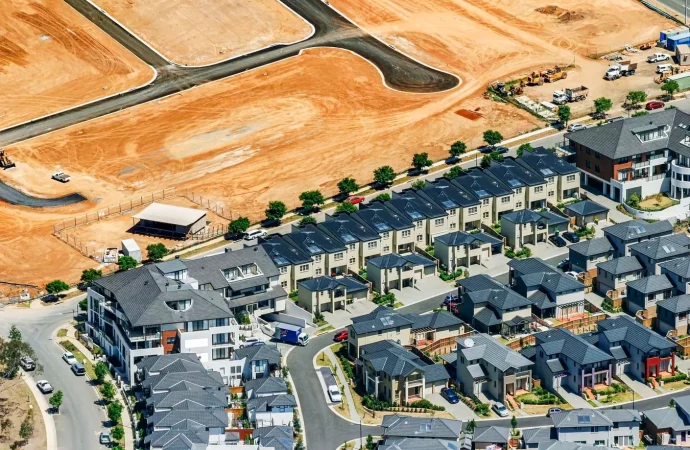Introduction Climate change is no longer an abstract concept but a pressing challenge that the real estate industry must confront. In this article, we will explore how the real estate sector is navigating the climate challenge, focusing on innovative strategies, potential impacts on property markets, investment opportunities, and providing a comprehensive comparative table of climate-resilient
Introduction
Climate change is no longer an abstract concept but a pressing challenge that the real estate industry must confront. In this article, we will explore how the real estate sector is navigating the climate challenge, focusing on innovative strategies, potential impacts on property markets, investment opportunities, and providing a comprehensive comparative table of climate-resilient properties.
The Impact of Climate Change
The impact of climate change on the real estate sector is becoming increasingly evident. Rising sea levels, more frequent and severe weather events, and changing climate patterns are affecting property values, insurance costs, and the livability of specific regions. The industry is no longer in denial but is actively working towards adaptation and building resilience.
Innovative Strategies for Climate Resilience
1. Green Building Practices
Green building practices have emerged as a central strategy for climate resilience in the real estate sector. Developers are integrating energy-efficient designs, renewable energy sources, and sustainable building materials into their projects. These features not only reduce a property’s environmental impact but also enhance its long-term value by lowering operational costs.
2. Coastal and Floodplain Management
In regions vulnerable to rising sea levels and coastal flooding, real estate firms are investing in protective infrastructure. This includes the construction of flood barriers and elevated building designs capable of withstanding flooding and storm surges. Coastal land management is also being integrated into property development to minimize risks associated with sea-level rise and erosion.

Image by: https://www.pewtrusts.org/
3. Insurance-Backed Resilience
Property owners are increasingly turning to insurance policies that offer coverage for climate-related damages. These insurance policies not only provide a safety net for property owners but also incentivize them to make climate-resilient improvements. By reducing the financial burden of climate-related damages, property owners can focus on implementing mitigation measures.
Comparative Table of Climate-Resilient Properties
For a comprehensive understanding of the real estate market’s response to climate challenges, here’s a comparative table of climate-resilient properties:
| Property | Location | Green Features | Flood Protection | Energy Efficiency |
|---|---|---|---|---|
| Eco Oasis Residences | Miami, FL | Solar Panels, Green Roof | Flood Barriers, Elevation | Energy-Star Certified |
| Sustainable Urban Lofts | New York, NY | Low-Energy Lighting, | Storm Surge Protection, | LEED Platinum Certified |
| Efficient HVAC | Reinforced Foundations | |||
| Green Haven Estates | Los Angeles, CA | Sustainable Landscaping, | Flood-Resistant Design | Smart Home Systems |
| Energy-Efficient HVAC | ||||
| Waterfront Eco Village | Seattle, WA | Geothermal Heating, | Flood-Resistant Features | Solar Power |
| Rainwater Harvesting | Elevated Structures | |||
| Leafy Retreat Homes | Portland, OR | Passive Solar Design, | Coastal Land Management | Energy-Efficient Windows |
| Energy-Efficient Insulation |
Potential Impacts on Property Markets
The real estate market is already experiencing shifts due to climate challenges. Properties that demonstrate climate resilience are increasingly attractive to buyers and investors. Conversely, properties in high-risk areas may face reduced demand and declining values. This shift in demand underscores the changing priorities of property buyers and investors.
Investment Opportunities
Real estate investors have a unique opportunity to invest in climate-resilient properties. These investments contribute to a more sustainable and resilient future while potentially offering reduced risks and attractive returns. The real estate industry is uniquely positioned to lead the way in building a more sustainable and climate-resilient future, recognizing the interconnectedness of environmental health and property market stability, necessitating immediate action.





















Leave a Comment
Your email address will not be published. Required fields are marked with *